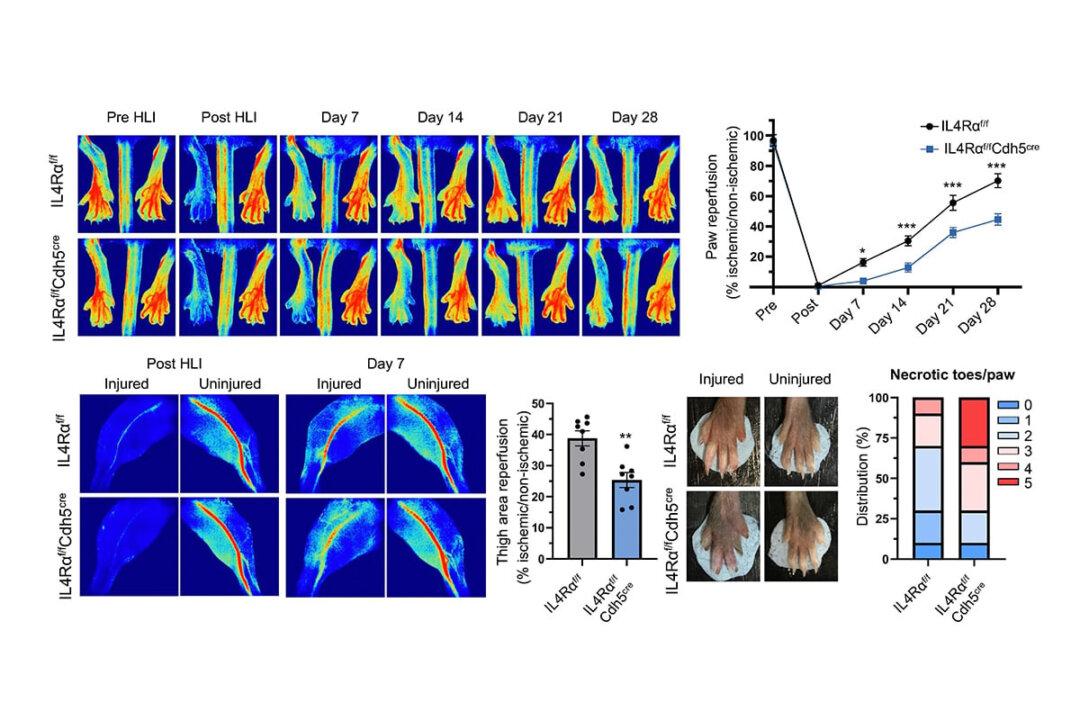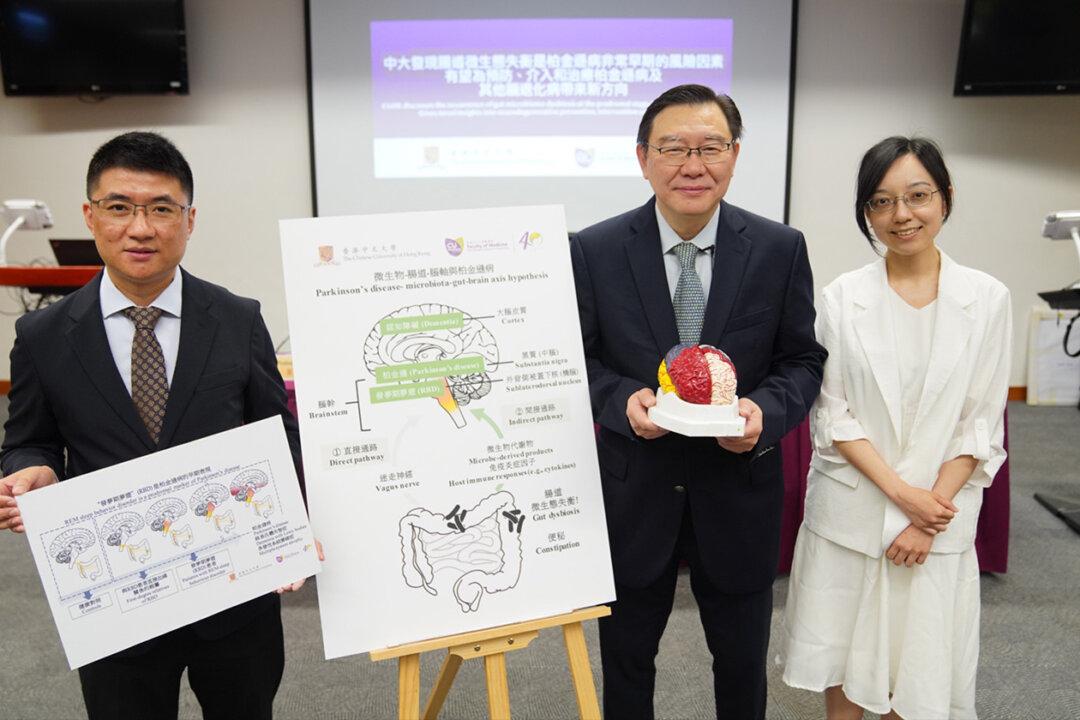The research team of The Chinese University of Hong Kong’s (CUHK) Faculty of Medicine (CU Medicine) has discovered a genetic marker that can predict the risk of heart disease in patients with Type 2 diabetes, which will help to develop personalized treatments for them. The study details were published in the authoritative diabetes journal Diabetes Care.
A research team from CUHK Medical School conducted a genetic comparison between 3,596 diabetic patients with coronary heart disease and 8,898 local diabetic patients without coronary heart disease, and analyzed the data with the genetic data of over 500,000 people worldwide, and successfully discovered a new gene marker named “PDE1A rs10171703”.




